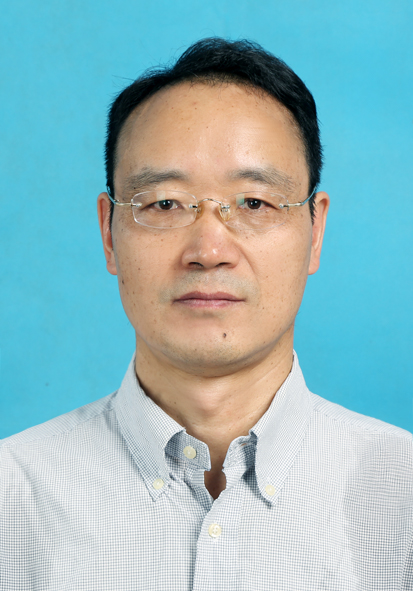
Prof.Mingjie Chen
College of Life Sciences, Xinyang Normal University, ChinaSpeech Title: Quantitative Volatile Measurement by Gas Chromatography-Triple Quadrupole Mass Spectrometry Reveals Potential Mechanisms for Aroma Synthesis during Green Tea Spreading
Abstract: Spreading is an essential step in green tea processing to shape its delicate fragrance and mellow umami taste. By now, it largely remains unclear how different endogenous volatiles change during spreading and what are the potential mechanisms. Here, we first established and validated a quantitative method based on the gas chromatography-triple quadrupole mass spectrometry platform, then applied it to measure temporal changes of endogenous volatiles during green tea spreading. In total, 38 endogenous volatiles, which are synthesized through four pathways (shikimic acid pathway, mevalonate pathway, 2-C-methylerythritol-4-phosphate pathway and fatty acid derivative pathway), were quantitatively measured. Hierarchical clustering and heat-map analysis demonstrated that these volatiles showed four different changing patterns during spreading. Pathway analysis uncovered several potential mechanisms for their dynamic changes. These data suggest that spreading-induced stresses regulate temporal gene transcription or enzyme activities of respective synthesis pathways, ultimately shape the volatile metabolic state during green tea spreading.
Keywords: Camellia sinensis, GC-TQS, MRM mode, solvent assisted flavor evaporation, green tea, spreading, volatile, pathway, regulation mechanism
Biography: Dr. Mingjie Chen is a distinguished professor in College of Life Sciences, Xinyang Normal University since 2020. He earned his B.S. degree in Biology from Henan Normal University in 1987, M.S. degree in Microbiology from Wuhan University in 1994, and Ph.D. degree in Molecular Genetics from Shanghai Institute of Plant Physiology and Ecology in 2006. He was a visiting scholar to Hong Kong University of Science and Technology in 2002. Then he went to US and did his postdoctoral research in University of Minnesota and University of Missouri. In 2015, he moved back China and got a professor position in Fujian Agriculture and Forestry University. Currently, Dr. Chen use model plant (Arabidopsis) and non-model plants (tea tree) to investigate plant secondary metabolisms; his lab extensively studied the structure-function relationships of plant cuticle and their associations with plant drought stress. From these researches he has produced more than 40 papers in reputed journals.

